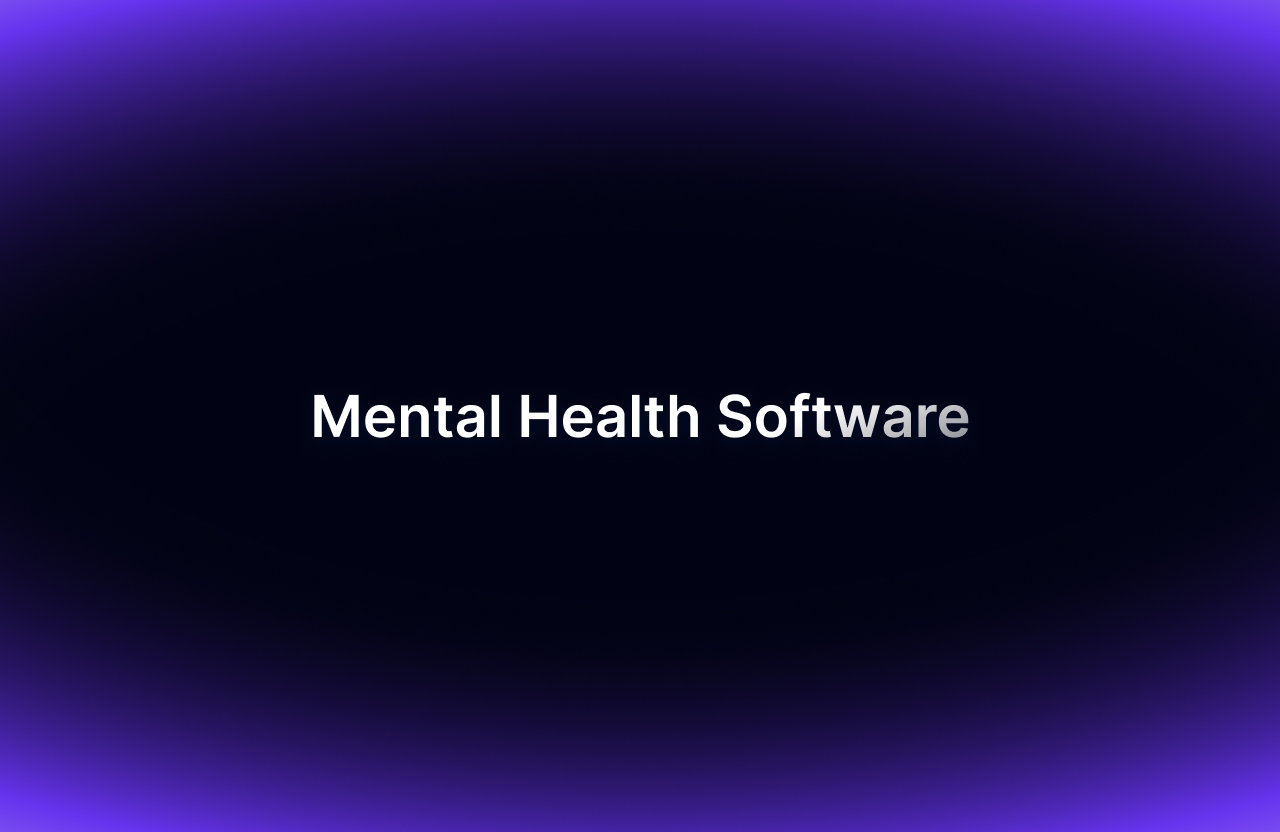- Privacy as a Cultural Value
- The ABCs of Privacy
- Privacy Types in Healthcare
- Legal Framework And Regulations
- Medical Privacy and Digital Transformation
- Cybersecurity Threats and Vulnerabilities in Healthcare
- Strategies for Protecting Healthcare Privacy
- Case Studies in Healthcare Privacy Breaches
Table of Contents:
Have you ever considered just how massive the healthcare data breach problem has become?
Between 2009 and 2023 alone, the Office for Civil Rights (OCR) received a staggering number of reports, amounting to over 500. The reason behind this epidemic of healthcare data breaches is two-fold: the immense value that medical records hold on the black market, coupled with the lengthy detection times for healthcare fraud. This insidious combination allows stolen medical data to be exploited for extended periods. The concept of data privacy has a long history in the U.S., so stay tuned as we explore its place in American culture.
Privacy as a Cultural Value
Privacy has been ingrained in the American way of life since the country's inception. Back in those early days, the 4th Amendment was created to shield citizens from the government invading their personal space through searches and seizures that were uncalled for. A pivotal case between Griswold and the State of Connecticut played a significant role in shaping privacy rights.
At the time, Connecticut had outlawed the use of contraceptives, even for married couples. In 1879, Lee Buxton and Estelle Griswold were arrested for breaking this state law. However, the Supreme Court ruled this unconstitutional, establishing a right to marital privacy and further cementing privacy as a core American value that extends to healthcare decisions.
The ABCs of Privacy
Protecting patient privacy and confidentiality isn't just an ethical box to check off - it's fundamental to quality medical care. But when patients get tight-lipped about sharing personal details, providing the best possible treatment can become an uphill battle.
After all, how can doctors properly care for someone if they're kept in the dark about sensitive matters?
Ditching transparency in the physician-patient relationship undermines its very foundation, potentially jeopardizing positive health outcomes. To avoid this, one must understand and uphold the different forms of privacy, stated as follows,
Privacy Types in Healthcare
Physical privacy
This is all about providing that essential personal space, with fewer intrusions or invasions by the physician
Сonfidentiality privacy
Doctors must keep a patient's information under lock and key - no disclosing data without explicit consent.
Decisional privacy
Patients get to call the shots when it comes to personal choices. Physicians have to respect those decisions and not reveal them to others.
Associational privacy
Who we hang out with is our business. Doctors need to respect a patient's right to associate (or not associate) with certain individuals.
Legal Framework And Regulations
With privacy being such a revered American value, it's no surprise that government bodies have stepped in to safeguard patients' personal information in healthcare.
Some renowned agencies include:
- U.S. Department of Health and Human Services (HHS)
When protecting your personal health info, the HHS is the first thing you should have in mind. They protect privacy by enforcing and ensuring compliance with HIPAA (Health Insurance Portability and Accountability Act of 1996). This law sets the rules for how a patient’s health information can be collected, used, and shared. It's important to note that the HIPAA rules change from time to time, so be sure to stay informed and updated. - Office for Civil Rights (OCR)
Within the HHS is the Office for Civil Rights (OCR), designated to ensure that HIPAA is followed at all times. They do this by checking on healthcare providers, explaining the rules, and offering help to both providers and patients. They are also responsible for investigating complaints about privacy issues. - American Medical Association (AMA)
This is the largest group of physicians in the United States, and they are renowned for their etiquette in upholding the mandate of patient information privacy. They've even created ethical guidelines to help doctors handle your health data. - American Hospital Association (AHA)
The American Hospital Association (AHA) looks out for healthcare systems, especially the hospitals in the United States. They provide resources and guidelines to help these organizations follow HIPAA rules and protect your sensitive data. - Centers for Medicare and Medicaid Services (CMS)
CMS handles healthcare privacy concerning federal health insurance programs, Medicare, and Medicaid.
Medical Privacy and Digital Transformation
Having a better understanding of privacy, we are naturally led to ponder the confidentiality status of patient information amidst rapid advancements in digital health technologies. To clarify, digital health refers to using technologies like wearables and mobile apps in medicine and other health professions to manage illnesses and health risks. With effective application, patient wellness is promoted through better access to healthcare, improved efficiency, and better quality of care.
While digital innovations offer immense advantages, their rapid development also raises privacy concerns that medical practices must stay vigilant about.
Cybersecurity Threats and Vulnerabilities in Healthcare
Cybersecurity protects patient information, financial records, healthcare organization research, and even smart devices like elevators and medicine pumps from unauthorized access, changes, use, or disclosure. The data usually targeted includes patients' health information and personal records such as SSN, financial information such as credit card and bank account numbers, and medical research and innovation.
Cyberattacks on electronic health records risk patient privacy because patient health information, personal records, and other sensitive information become easily accessible. Patient safety and quality of care delivery are also affected following losing access to medical records and lifesaving medical devices.
Notable cybersecurity threats to be weary of include,
Data leaks can happen in all sorts of ways. Hackers can find security weaknesses, people can be tricked by scams or use weak passwords, and even employees might accidentally (or on purpose) expose information. Losing devices with sensitive data is another big risk.
Strategies for Protecting Healthcare Privacy
The importance of data protection in healthcare organizations cannot be over-emphasized. It's not just a function of knowing; one must always take precautions to ensure data safety.
Here are some highly recommended practices offered by Physicians Practice to achieve this:
- Design a data security plan that checks for possible weaknesses regularly.
- Use strong passwords with multi-factor authentication.
- Make sure employees only see the data they need for their job and only enter what's relevant with a limited data access approach.
- Update software to detect potential bugs and reduce software weaknesses.
- Install firewalls and antivirus software to reduce the risk of viruses corrupting data.
- Always encrypt your data. Hackers can't read it without the key. This makes your data useless to them, even if they steal it.
- Train employees on how to know data security threats and what to do when they see something suspicious.
- Monitor and control third-party access and always encrypt patient's data for better security.
- Always back up data to recover breached data quickly and ensure better patient care.
- Make an incident response plan for what to do in a security breach. This plan will help you find the problem quickly, fix it, and minimize damage.
When it comes to data breaches, the consequences can be absolutely devastating. From shattered patient trust to astronomical recovery costs, the fallout has crippled many unsuspecting healthcare organizations. Sure, prioritizing data security may seem like mundane governance, but we'll walk you through some jaw-dropping case studies that prove it's anything but.
Case Studies in Healthcare Privacy Breaches
Playing fast and loose with privacy protocols is a gamble no medical practice can afford to take, as HIPAA violations can be expensive. The Department of Health and Human Services (HHS) has a level system with penalties ranging from $100 to over $50,000.
In 2018, hackers hit Anthem, an insurance company, causing the biggest healthcare data breach ever, affecting millions. Anthem ended up paying a whopping $16 million, the largest HIPAA fine on record.
On the other hand, some HIPAA violations can come with much smaller fines. For example, two providers, Danbury Psychiatric Consultants and King MD, a healthcare psychiatric clinic, were fined $3,500 each for failing to give patients access to their medical records. One denied access due to an unpaid bill, while the other simply didn't respond to a request.
In addition to fines, healthcare workers who knowingly break the HIPAA rules can face jail time. This includes stealing patient information for money or sharing it to cause damages. For instance, a dental facility receptionist in New York stole data from hundreds of patients and got a 2-6-year sentence in the state penitentiary.
In conclusion, protecting patient privacy is undoubtedly vital in healthcare. By leveraging the right tools, the patient’s sensitive information will be secured, as well as the organization’s finances and reputation.


 Back
Back


